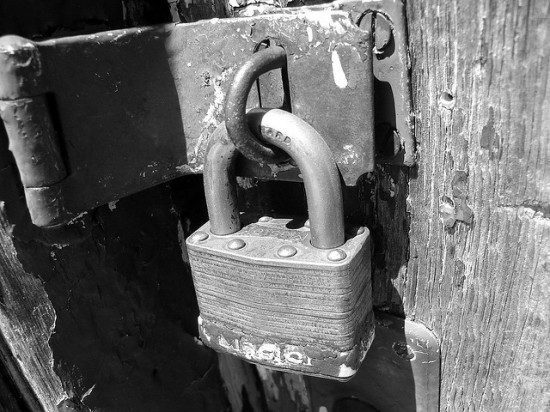In recent months, I’ve started to take my own digital security much more seriously. I encrypt my e-mail when possible, I’ve moved away from Gmail, and I’ve become much more vigilant about using a VPN nearly all the time. Just as cryptographers and security researchers are auditing tools like TrueCrypt, I’ve started to kick the tires of the products that I rely upon on daily basis.
When I lived in Germany between 2010 and 2012, my wife and I paid $40 a year for a commercial VPN so we could continue to watch Hulu. But upon our return stateside, I kept paying for it anyway, for privacy-minded reasons. There are lots of VPNs out there, but the one I use is Private Internet Access (PIA).
Why PIA? No particular reason, really. I don’t remember exactly how I came to choose it, but I remember seeing it in a roundup of VPNs listed on TorrentFreak. I now use PIA nearly every day, almost all the time, and that got me wondering: how does the company respond to real-world legal requests? Has it ever been compelled to hand over user data? Were those users ever notified?
Unfortunately, Private Internet Access’ website doesn’t really make clear who is behind its site. The site’s footer points to London Trust Media, which also provides nothing more than an e-mail address. A little searching led me to find and then get in touch with the CEO of London Trust Media, Andrew Lee—one of the firm’s two owners.
SOURCE: arstechnica.com
The opinions expressed in this post belongs to the individual contributors and do not necessarily reflect the views of Information Security Buzz.



